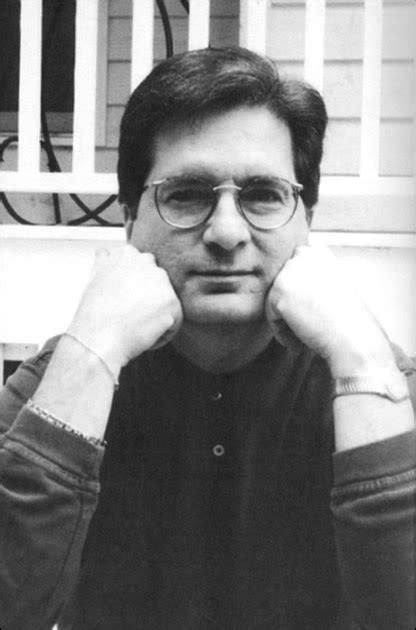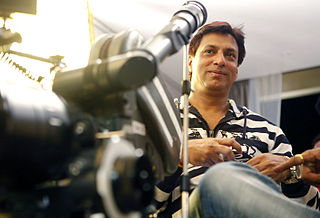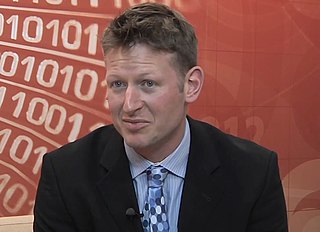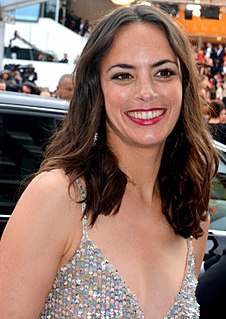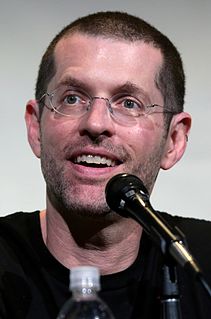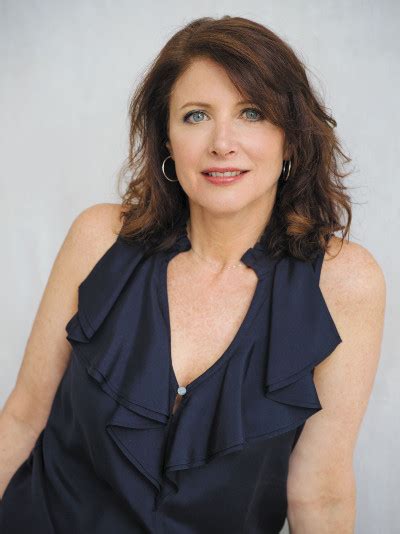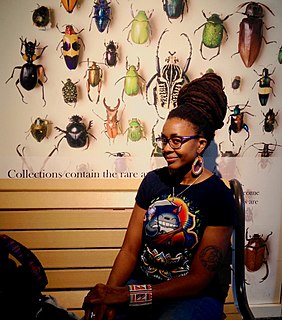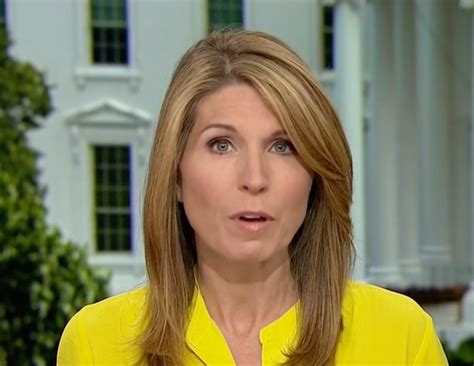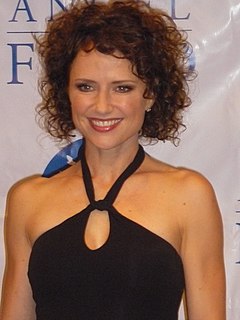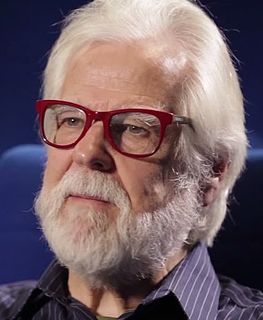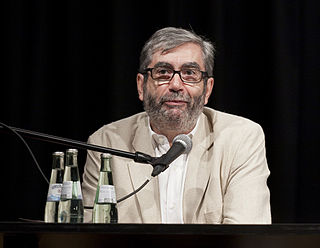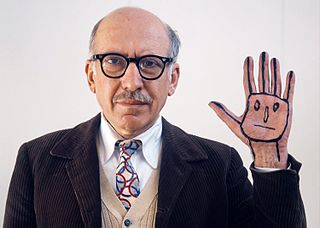Top 1200 Realistic Fiction Quotes & Sayings
Explore popular Realistic Fiction quotes.
Last updated on April 14, 2025.
Writing fiction is not a profession that leaves one well-disposed toward reading fiction. One starts out loving books and stories, and then one becomes jaded and increasingly hard to please. I read less and less fiction these days, finding the buzz and the joy I used to get from fiction in ever stranger works of non-fiction, or poetry.
When you're dealing with a symbol in a realistic play, it is also a realistic fact. You must expect the audience's mind to work on both levels, symbolically and realistically. But we're trained so much in pure, realistic theater that it's difficult for us to handle things on two levels at the same time.
'Confederate,' in all of our minds, will be an alternative-history show. It's a science-fiction show. One of the strengths of science fiction is that it can show us how this history is still with us in a way no strictly realistic drama ever could, whether it were a historical drama or a contemporary drama.
I find it interesting that authors of fantasy and science fiction novels are rarely asked if their books are based on their personal experiences, because all writing is based on personal experience. I may not have gone on an epic quest through a haunted forest, but the feelings in my books are often based on feelings I've had. Real-life events, in fantasy and science fiction, can take on metaphorical significance that they can't in a so-called realistic novel.
Creative non-fiction is such a liberating genre because it allows the non-fiction writer, whether he or she be journalist or essayist, to use all of the techniques of the fiction writer and all of the ideas, creative approaches, that fiction writers get a chance to use, but they have to use it in a true story.
There are very real differences between science fiction and realistic fiction, between horror and fantasy, between romance and mystery. Differences in writing them, in reading them, in criticizing them. Vive les différences! They're what gives each genre its singular flavor and savor, its particular interest for the reader - and the writer.
When I write short fiction or novellas, I like to leave a hint of the fantastic, of the unreal. If you write a completely fantastic novel with ghosts and everything, the effect is less powerful than if you portray an absolutely realistic situation and, in the middle of this, you put a layer of fantasy, of mystery.
I would say that most of my books are contemporary realistic fiction... a couple, maybe three, fall into the 'historic fiction' category. Science fiction is not a favorite genre of mine, though I have greatly enjoyed some of the work of Ursula LeGuin. I haven't read much science fiction so I don't know other sci-fi authors.
I think my movies aren't sentimental. I think my movies are funny and sad and realistic. Not realistic in the sense that they're documentaries, but realistic in the sense that they're not idealistic, they're not optimistic, not pessimistic, and not propagandistic. They're an analysis of a situation. I call it as I see it, so to speak.
When we look at a good deal of serious modern fiction, and particularly Southern fiction, we find this quality about it that is generally described, in a pejorative sense, as grotesque. Of course, I have found that anything that comes out of the South is going to be called grotesque by the Northern reader, unless it is grotesque, in which case it is going to be called realistic.... Whenever I'm asked why Southern writers particularly have a penchant for writing about freaks, I say it is because we are still able to recognize one.





